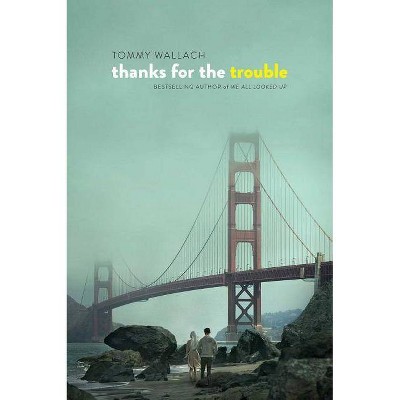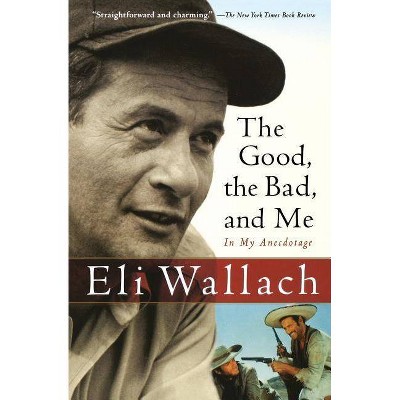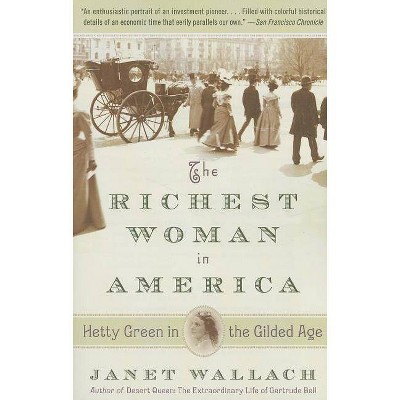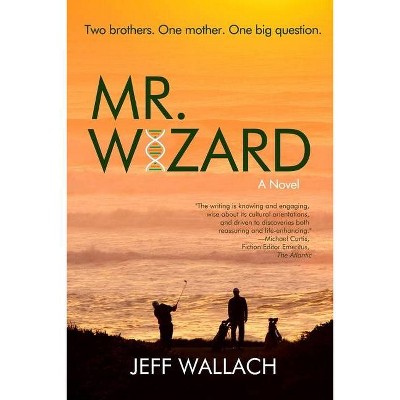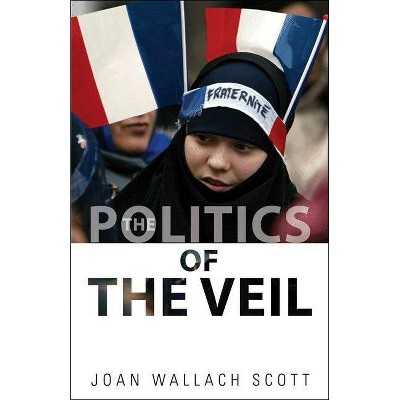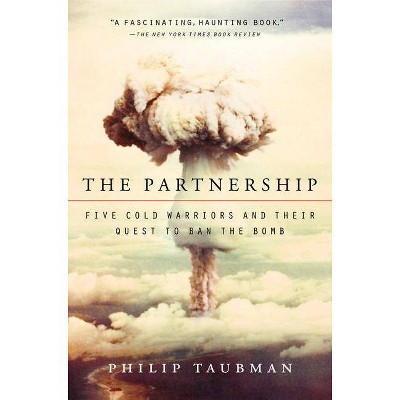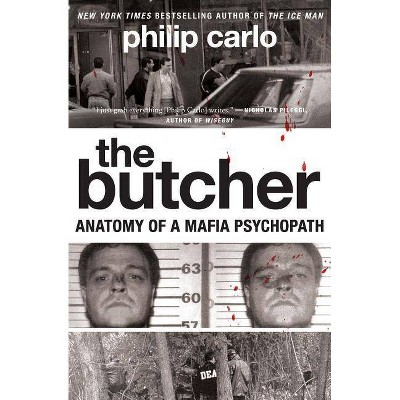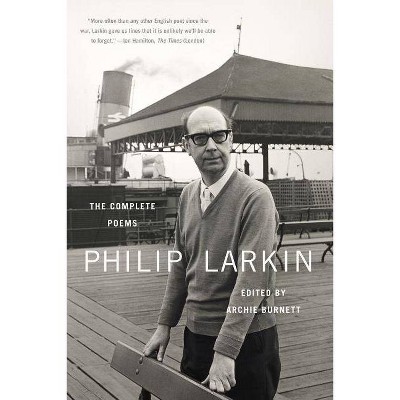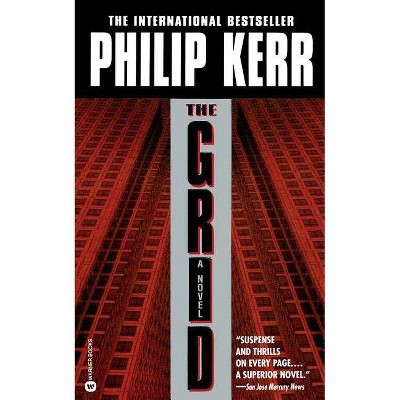To the Edge - by Philip A Wallach (Paperback)
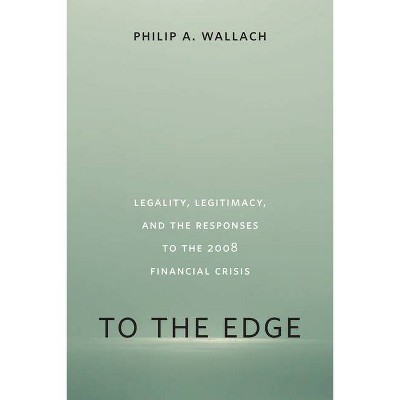
Similar Products
Products of same category from the store
AllProduct info
<p/><br></br><p><b> About the Book </b></p></br></br><p>Were the radical steps taken by the Treasury Department and Federal Reserve to avert the financial crisis legal? When and why did political elites and the general public question the legitimacy of the government's responses to the crisis?</p><p>In To The Edge: Legality, Legitimacy, and the Responses to the 2008 Financial Crisis, Philip Wallach chronicles and examines the legal and political controversies surrounding the government's responses to the recent financial crisis. The economic devastation left behind is well-known, but some allege that even more lasting harm was inflicted on America's rule of law tradition and government legitimacy by the ambitious attempts to limit the fallout. In probing these claims, Wallach offers a searching inquiry into the meaning of the rule of law during crises.</p><p>The book provides a detailed analysis of the policies undertaken--from the rescue of Bear Stearns in March 2008 through the tumultuous events of September 2008, the passage of the TARP and its broad usage, the alphabet soup of emergency Federal Reserve programs, the bankruptcies of Chrysler and GM, and the extended public ownership of AIG, Fannie Mae, and Freddie Mac. Throughout, Wallach probes the legal bases of the government's actions and explores why concerns about the legitimacy of government actions were only sporadically grounded in concerns about legality--and sometimes ran directly against them.</p><p>The public's sense that government officials operated through ad hoc responses that favored powerful interests has helped bring the legitimacy of American governmental institutions to historic lows. Wallach's book recommends constructive and sensible reforms policymakers should take to ensure accountability and legitimacy before the government faces another crisis.</p><p/><br></br><p><b> Review Quotes </b></p></br></br><br><i>To the Edge</i> is a superb, even riveting, delineation of the extent to which responses to the financial crisis of 2008 tested basic notions of "Rule of Law" (or adherence to any predictable rules) during a time of perceived emergency. Quoting Senator Charles Schumer, "You don't quibble about details," including legal niceties, if the world economy is believed to be in the balance. This book raises fundamental questions about decisionmaking by modern state officials. It should interest everyone interested in how modern government does (or should) confront the various emergencies that are increasingly a constant of our political lives.--Sanford Levinson, University of Texas Law School, author of <i>Framed: America's 51 Constitutions and the Crisis of Governance</i><br><br>A deeply researched book that brings a fascinating new perspective to our understanding of the financial crisis. It has often been said that while policymakers saved the economy in 2008-09, they lost the American public. To the Edge goes a long way to answering why. Completely absorbing.--Liaquat Ahamed, Pulitzer Prize winning author of <i>Lords of Finance: The Bankers Who Broke the World</i><br><br>The financial crisis of 2008 was also a crisis of law and a crisis of government legitimacy. To the Edge plumbs all three in its revealing examination of the Bush and Obama administrations' "adhocracy" of 2008-10. Wallach shows that, in times of crisis, legality and legitimacy are distinct problems and often pull in opposite directions, that they remain problems when the immediate crisis has passed, and that the time to secure them for the next crisis is now. A learned, independent-minded, and deeply impressive debut.--Christopher DeMuth Sr., Hudson Institute<br><br>Why did America respond to its recent financial crisis the way it did? And why did the bailouts so quickly become unpopular, even as the economy was recovering? How much did the law stop the government from doing more? Philip Wallach's <i>To the Edge</i> is the very best book on all of these questions.--Tyler Cowen, George Mason University and MarginalRevolution.com<br><p/><br></br><p><b> About the Author </b></p></br></br><p><b>Philip A. Wallach</b> is a fellow in Governance Studies at the Brookings Institution.</p>
Price History
Cheapest price in the interval: 35.99 on November 8, 2021
Most expensive price in the interval: 35.99 on December 20, 2021
Price Archive shows prices from various stores, lets you see history and find the cheapest. There is no actual sale on the website. For all support, inquiry and suggestion messages communication@pricearchive.us
